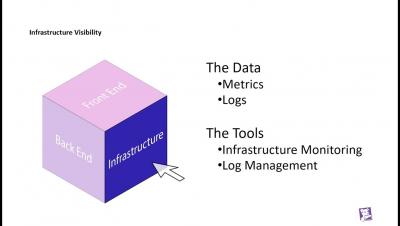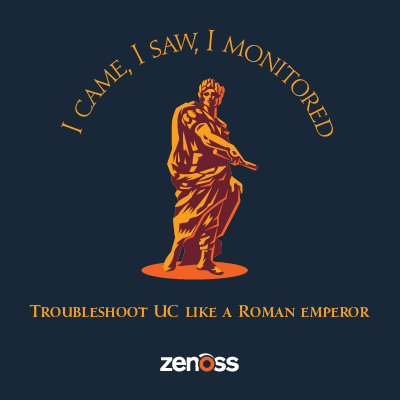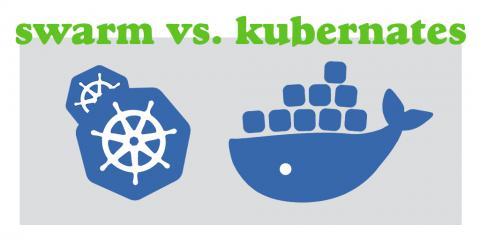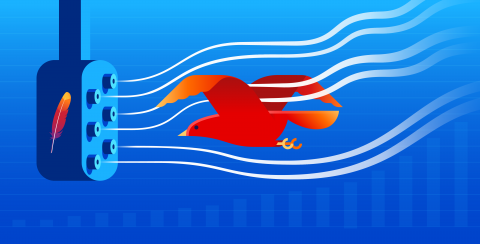Operations | Monitoring | ITSM | DevOps | Cloud
DevOps
The latest News and Information on DevOps, CI/CD, Automation and related technologies.
July 2019 Online Meetup: Understanding Service Mesh and Istio in Rancher
Automate workflows with Datadog's Amazon EventBridge integration
Amazon EventBridge is a serverless event bus that routes real-time data streams from your applications and services to targets like AWS Lambda. EventBridge facilitates event-driven application development by simplifying the process of ingesting and delivering events across your application architecture, and by providing built-in security and error handling. We are excited to announce that you can now use our new integration to route Datadog alerts to EventBridge with minimal configuration or setup.
Cross-tenant monitoring with Azure Lighthouse and Datadog
Azure Lighthouse is a new feature that provides improved access management for users and applications across different Azure tenants. With Azure Lighthouse, managed service providers (MSPs) can manage their customers’ environments more easily and efficiently than ever before. Datadog is proud to announce support for Azure Lighthouse, which ensures that MSPs can implement a streamlined, scalable approach to monitoring their customers’ Azure environments.
I Came, I Saw, I Monitored: Troubleshoot Unified Communications Like a Roman Emperor
Three Reasons You Should Consider Hiring a Financial Cloud Operations Manager
If you're running in the cloud and ever struggle to predict, report on, or attribute your cloud costs, you may want to consider a new kind of role: A Financial Cloud Operations Manager. While a traditional cloud operations manager may sit on the DevOps team or report to an engineering lead, a financial cloud ops manager’s reporting structure is slightly different.
Docker Swarm vs Kubernetes: A Helpful Guide for Picking One
Docker and Kubernetes have taken the software world by storm. DevOps, containers, and container management are at the center of most conversations about what’s relevant to technology. Tooling and services that ease running software in containers, therefore, occupy the minds of developers. Great tools and platforms create options and possibilities. They also create challenges in understanding available choices, though.
How to use ApacheBench for web server performance testing
When developing web services and tuning the infrastructure that runs them, you’ll want to make sure that they handle requests quickly enough, and at a high enough volume, to meet your requirements. ApacheBench (ab) is a benchmarking tool that measures the performance of a web server by inundating it with HTTP requests and recording metrics for latency and success.
Key metrics for monitoring Consul
HashiCorp Consul is agent-based cluster management software that addresses the challenge of sharing network and configuration details across a distributed system. Consul handles service discovery and configuration for potentially massive clusters of hosts, spread across multiple datacenters.
Consul monitoring tools
In Part 1, we looked at metrics and logs that can give you visibility into the health and performance of your Consul cluster. In this post, we’ll show you how to access this data—and other information that can help you troubleshoot your Consul cluster—in four ways: Consul provides a built-in CLI and API that you can use to query the most recent information about your cluster, giving you a high-level read into Consul’s health and performance.











